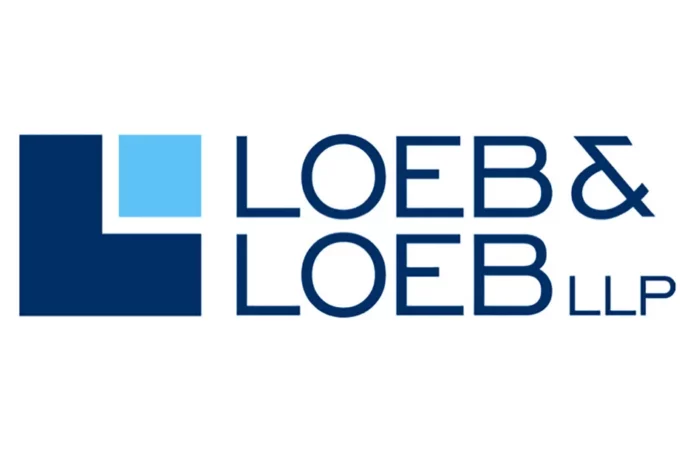In a legal showdown that has all the intensity of a high-stakes courtroom drama, prominent multiservice law firm, Loeb & Loeb LLP, has taken the battle to a New York federal court. The firm is seeking the confirmation of a substantial arbitration award, amounting to over $3.4 million, against two former clients who have, they claim, failed to compensate the firm for its successful representation in a series of intellectual property litigation cases.
Upholding Justice Against Hoverboard Giants
The firm initiated the legal offensive by filing a petition with the U.S. District Court for the Southern District of New York on Thursday. The firm’s filing leaves no room for doubt, asserting that there are no valid grounds for refusing or delaying the recognition and enforcement of the substantial arbitration award. The award targets none other than the Chinese hoverboard juggernaut, Hangzhou Chic Intelligent Technology, and Unicorn Global Inc., the exclusive distributor of Hangzhou’s products in the United States.
The Financial Gauntlet
Loeb’s petition asks the court to ratify the arbitration award, a veritable financial tempest, consisting of just over $3 million in damages, approximately $331,000 in pre-judgment interest, around $44,000 in arbitral expenses, and an additional $846 in post-judgment interest daily until the judgment’s fulfillment.
Loeb & Loeb : Promise Unfulfilled
This legal saga commenced when Hangzhou, the proprietor and exclusive licensee of multiple hoverboard patents, joined forces with Unicorn Global to prosecute patent infringement claims against foreign online sellers dealing in infringing products. An agreement mandated payment for Loeb’s services based on the firm’s hourly attorney billing rates. However, in a surprising twist, the companies defaulted on their financial obligations, despite the firm’s victory in the courtroom battles.
Loeb & Loeb : A Battle of Wits
The battle escalated into a contested arbitration process, with a gripping three-day hearing featuring seven key witnesses. Leading the proceedings was Michael H. Dolinger, a retired U.S. magistrate judge from the Southern District of New York. His verdict was resounding: the parties were jointly and severally liable for breaching their engagement agreement with it. Moreover, they were found to have unfairly enriched themselves at the expense of the steadfast law firm.
International Dimensions
Loeb argues that this confirmation proceeding falls under the purview of the U.N. Convention on the Recognition and Enforcement of Foreign Arbitral Awards, commonly known as the New York Convention. This is due to Hangzhou’s base of operations in China, making it an international legal showdown of epic proportions.
Loeb & Loeb : The Citadel of Defense
The firm’s argument strikes at the heart of the matter: none of the seven defenses within the New York Convention can apply in this instance. Remarkably, the companies never asserted that they were incapacitated when they agreed to arbitration. In addition, both companies willingly engaged in a year-long arbitration process without objection, as required by the arbitration provision, thereby waiving any claim that they were not bound to arbitrate or that they did not comprehend the consequences.
The Triumph of Due Process
The firm further contends that the companies were adequately informed of the arbitration process, were given ample time to present their case, and are thus unable to argue that the award exceeds the scope of their initial arbitration agreement. The arbitration itself was in strict accordance with the engagement agreement, and by all legal norms, the award has now become binding as of Tuesday.



